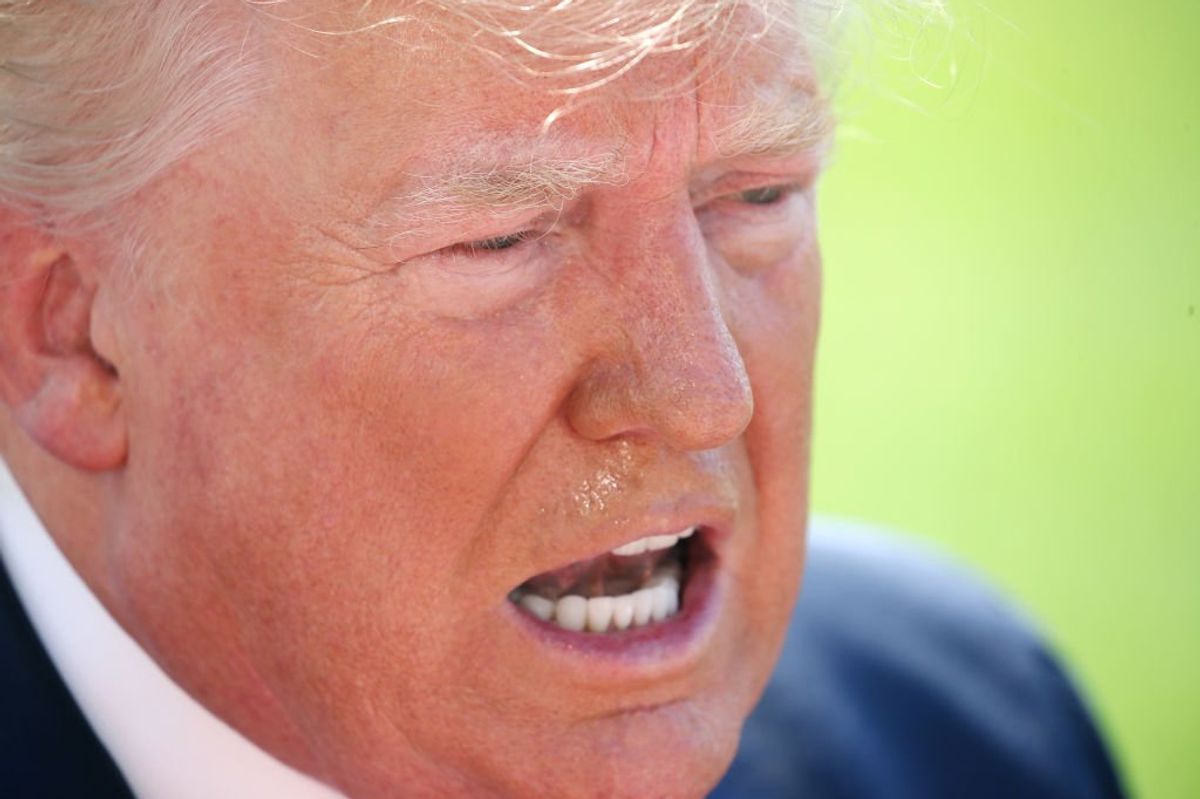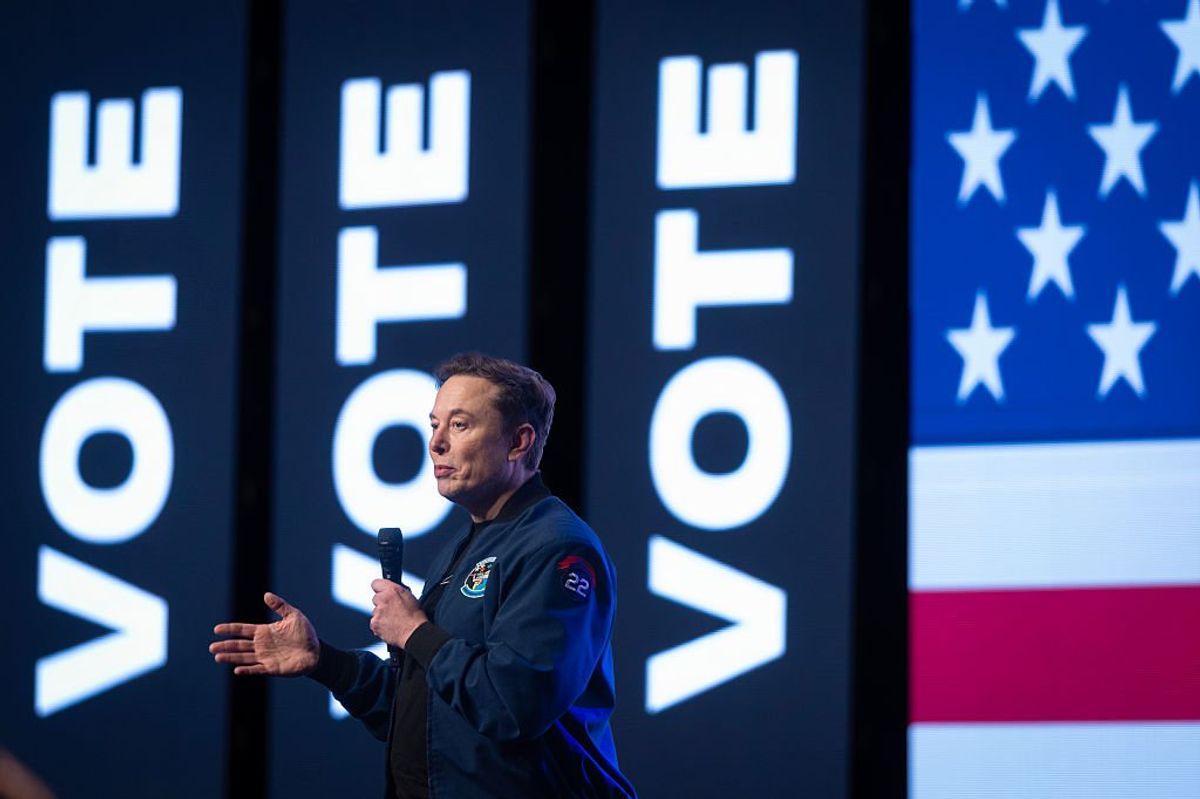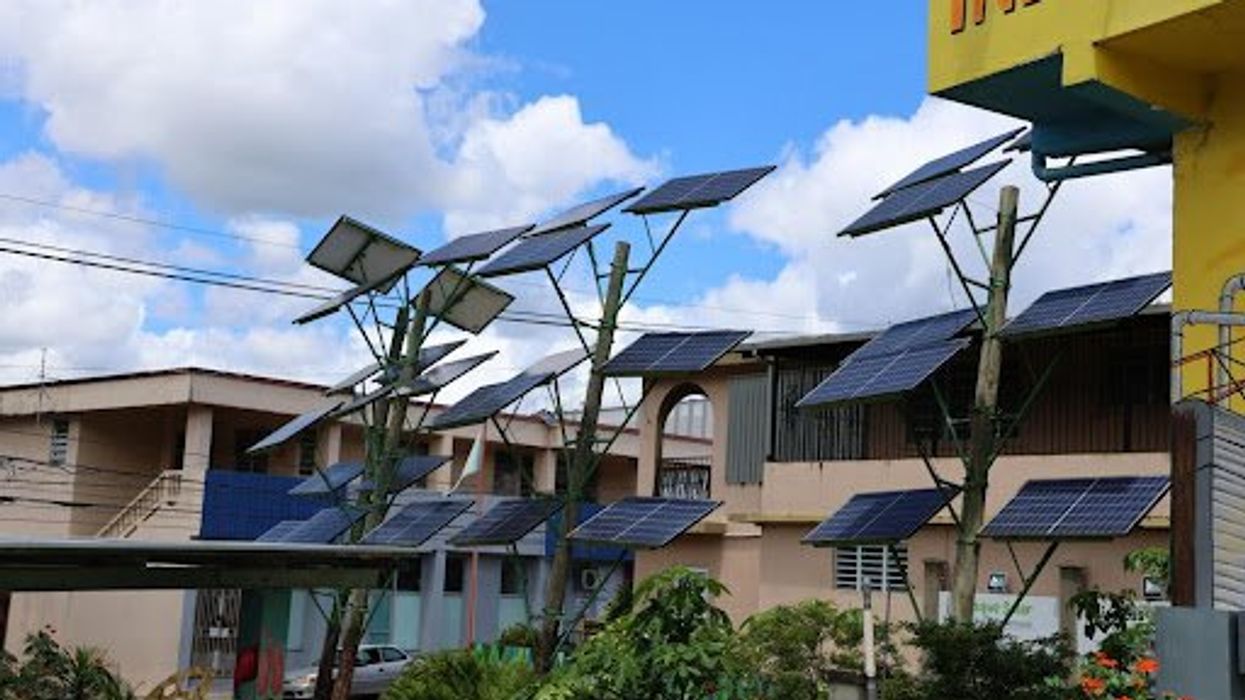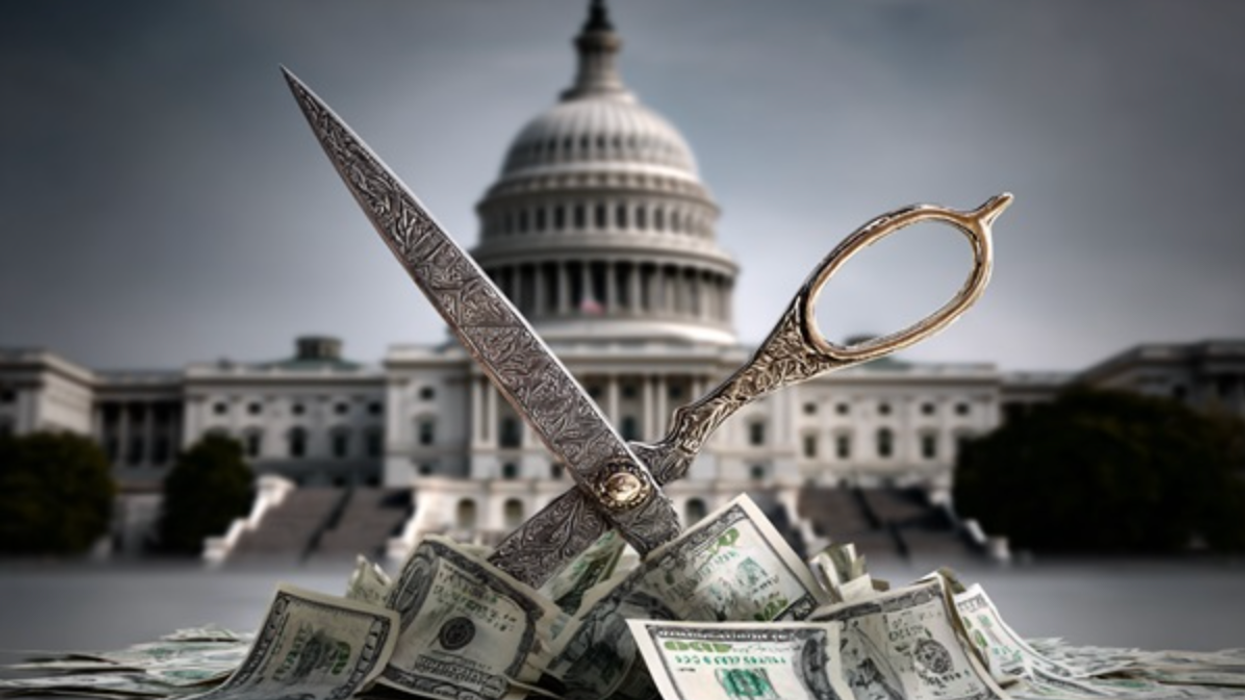Washington — With pomp and circumstance, President Donald Trump signed the "big, beautiful bill" on Friday at an Independence Day ceremony at the White House.
“We made promises, and it’s really promises made, promises kept, and we’ve kept them,” Trump said. “This is a triumph of democracy on the birthday of democracy. And I have to say, the people are happy.”
Despite not appeasing all Republicans, the President and Congress managed to pass the legislation Thursday afternoon in a 218-214 vote—Republican Reps. Brian Fitzpatrick and Thomas Massie voted against the legislation, while no Democrats supported it.
Unanimous in their opposition, Democrats criticized the bill as a giveaway to the rich that will steal lower-income people's health insurance, food assistance, and financial stability.
"I never thought that I’d be on the House floor saying that this is a crime scene," Democratic leader Hakeem Jeffries of New York said during a record-breaking speech that delayed the bill's passage by eight-plus hours. "It’s a crime scene, going after the health, and the safety, and the well-being of the American people."
So, what's in the "big, beautiful bill"? As we like to say here at the Fulcrum, "Here are 'just the facts'":
- Child Tax Credit: The bill would permanently raise the child tax credit from its pre-2017 level of $1,000 (scheduled to revert in 2026) to $2,200, avoiding the planned reduction.
- Medicaid Changes: The legislation tightens Medicaid eligibility, introducing work requirements for some able-bodied adults and increasing the frequency of verification checks. According to the Congressional Budget Office (CBO), these changes could lead to 11.8 million Americans losing Medicaid coverage over the next decade.
- Tax Deductions for Tipped Workers: The bill allows many tipped workers to exclude up to $25,000 in tips and overtime from their taxable income, although this provision is set to expire in 2028.
- SNAP (Food Stamps) Adjustments: Work requirements for the Supplemental Nutrition Assistance Program (SNAP) would be expanded, and states with higher payment error rates would be required to cover a portion of the program's costs.
- Immigration and Border Funding: The package allocates $46.5 billion for border wall construction, $45 billion to expand immigrant detention capacity, and $30 billion for U.S. Immigration and Customs Enforcement (ICE) staffing and operations.
- State and Local Tax (SALT) Deduction: The cap on the SALT deduction would temporarily increase from $10,000 to $40,000 before reverting after five years.
- Clean Energy Incentives: The bill repeals most tax credits from the 2022 Inflation Reduction Act that supported clean energy, electric vehicles, and energy efficiency programs.
- Debt Ceiling Increase: The legislation raises the debt limit by $5 trillion—$1 trillion more than the initial House proposal—ahead of Congress’s deadline to address the issue later this summer.
Hugo Balta is the executive editor of the Fulcrum and the publisher of the Latino News Network




















